These were unsettled times. Iraq’s Saddam Hussein had been accused of hoarding weapons of mass destruction and had promised terrorist attacks in unexpected places. We may not hear of these events as radio reception would not always be possible.
After a few days sailing we approached the Sub Antarctic Macquarie Island and anchored off the Australian research base at Buckles Bay. We spent the first day exploring the coast of the island and visiting king and royal penguin rookeries and dodging huge elephant seals.
On the second morning we zodiaced ashore to the base situated on a low lying isthmus. The fact that we were the first tourists to ever visit the Island had caused great excitement amongst the Island’s expeditioners. They had been preparing for this for months, painting T shirts and making souvenirs to sell us. I bought 2 stone flagons of Macquarie Island port for presents and stowed them in my backpack. Then I noticed that the flags over by the coast were flying horizontally in a very stiff rising gale and hurried back to the beach.
Buckles Bay is treacherous and the seas were rising to a critical level. There was an urgent scramble to get everyone back to the ship. Having a heavy weight on my back that could take me straight down to Davy Jones Locker I had to counter balance it when seated on the edge of the zodiac.
By evening with the wind gusts increasing to 40 knots it was decided to leave the Island for the safety of open water. After I was flung from my bed by the pitching and rolling ship and awoke in mid air, we slept tied down to our mattresses on the floor.
On Macquarie Island the storm blew all their communication masts down.
By morning the west, southwesterly gale had increased to 60 knots. The ship was pitching and rolling violently and was making very little progress.
Being enthusiastic Australians we managed the storm very well. Through the portholes we could look down into great caverns of water as the ship rode the crest of waves that were 12 to 18 metres high. As we were not allowed to venture to the front of the ship at this time, we couldn’t see the huge waves that were breaking over the bow. This continued for two days and was quite a novelty for us passengers.
The first icebergs were sighted and when we reached the pack ice we entered calmer waters. With high anticipation we approached the Antarctic mainland. There are no guarantees with expedition tourism that you will reach your destination.
We were woken at 4 a.m. when the ship arrived at Antarctica and within half an hour the first zodiacs were leaving for Commonwealth Bay. Every advantage had to be taken of calm weather as Douglas Mawson found he had built his hut on the windiest place on Earth. He called it, “The Home of the Blizzard.”
In Antarctica some winds are known as katabatic. This is a powerful low gravity wind that flattens the sea and can suck it up into high water spouts and dancing water fountains. It has no mercy on anything in its path. After visited Mawson’s hut and the McKellar Islands we sailed on.
To celebrate Australia Day it was decided to re-visit Mawson’s Hut and in fine weather we altered course for Commonwealth Bay. This is when the katabatic wind struck! It appeared to rise out of nowhere and tore at the ship, blowing heavy deck tables and chairs and anything on deck into the sea.
There was an open bridge policy and most of us had dashed up there to see what was happening. We were being blasted sideways towards a small rocky Island! The Captain shouted. “No one speak. The ship is not answering the helm!” We all held our breath as a woman burst through the bridge door exclaiming excitedly and the Captain shouted “Quiet!”
The Frontier Spirit continued to resist any attempt of steering until we were almost aground and the katabatic blast subsided. That was too close and we were the only ship down there.
Australia Day evening was celebrated with great enthusiasm; each of us enjoying the company and thankful that we were not huddled like emperor penguins on a bare rocky Island.
When we docked in Hobart we were surprised to find the ship’s berth was gated off from the docks and tight security surrounded us. The world had changed forever.
Bev Morton
September 2023

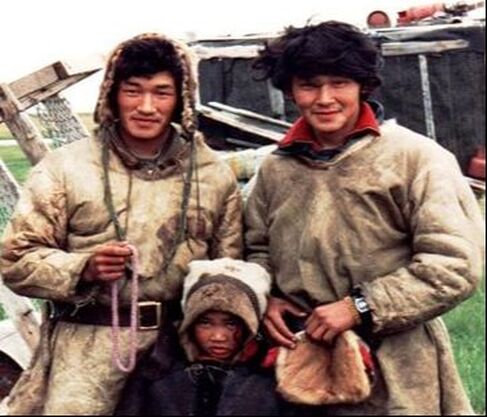
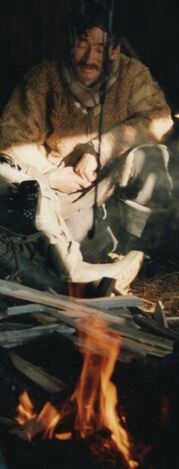
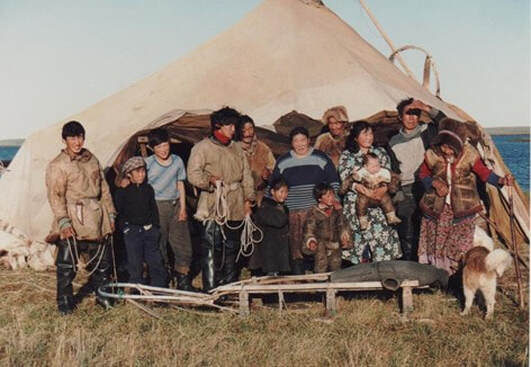
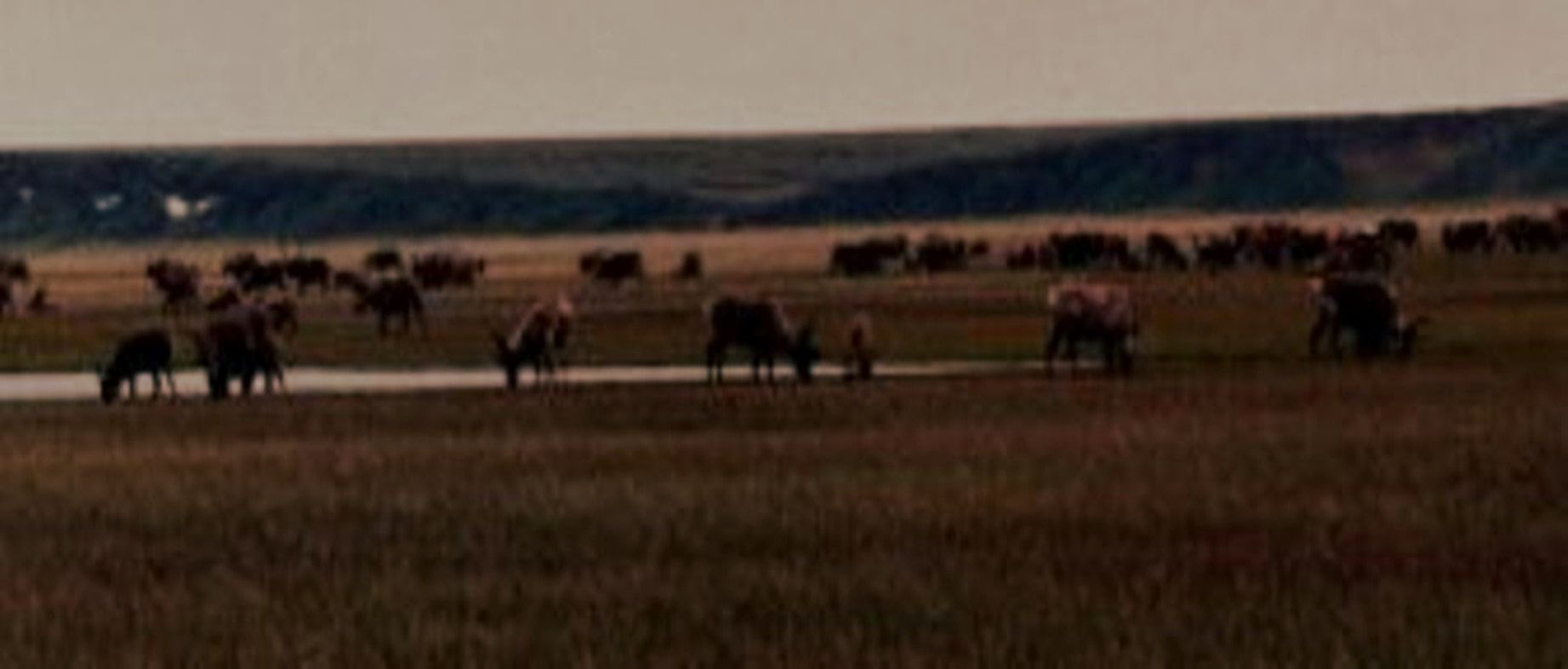
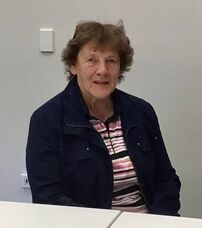
 RSS Feed
RSS Feed
